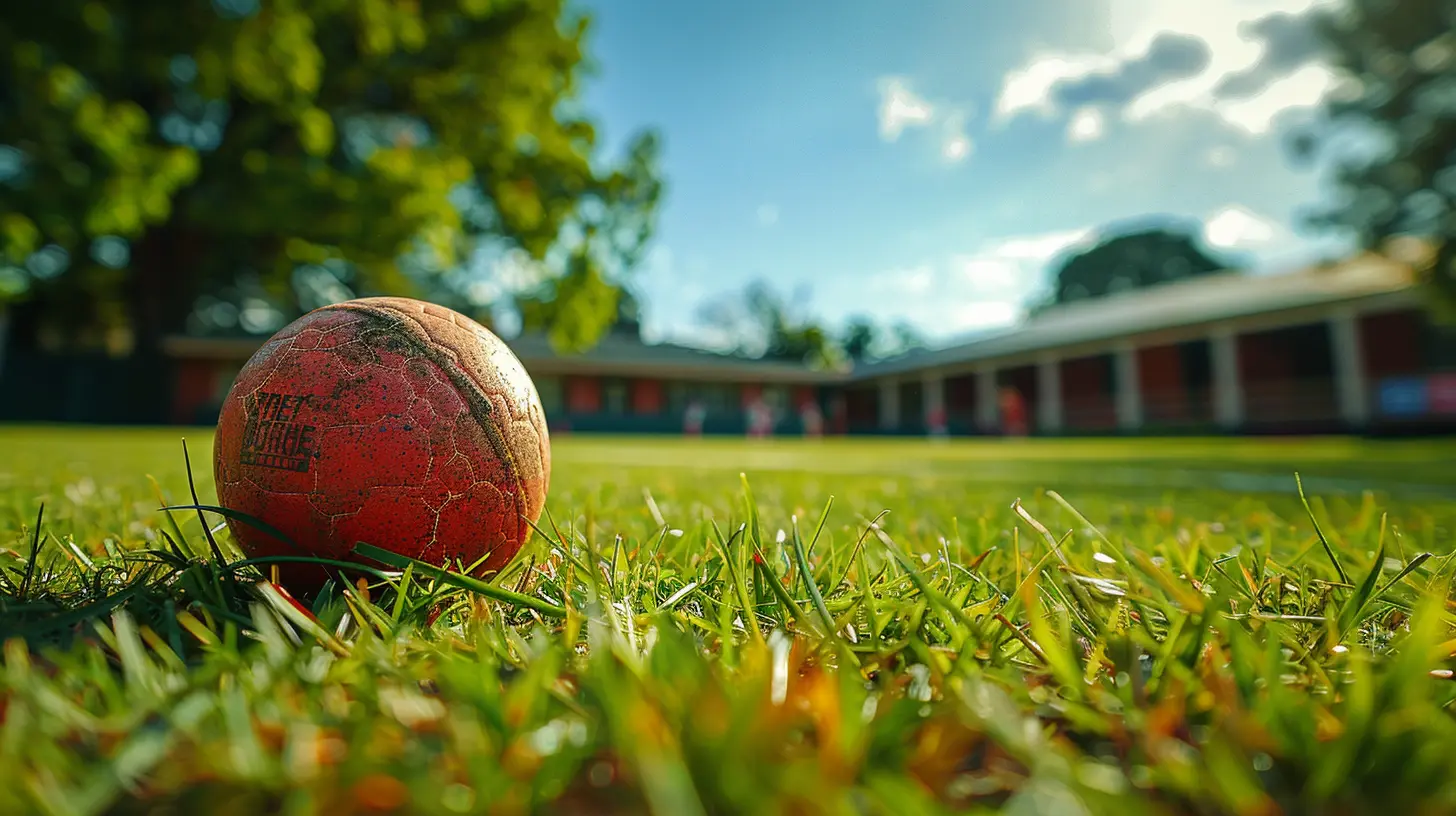How Sports Teach Discipline and Time Management
9 November 2025
Sports aren’t just about scoring goals, hitting home runs, or breaking records. They’re about shaping character, instilling discipline, and mastering the art of time management. Whether you’re dribbling a basketball, running on the track, or practicing yoga, sports train your mind just as much as your body.
Think about it—athletes don’t wake up successful. They put in the hours, follow routines, and sacrifice comfort for greatness. But beyond building physical endurance, sports teach you life lessons that stick with you forever.
Let’s dive into how sports help you develop discipline and time management skills, two essential qualities that can set you up for success in all walks of life.

The Role of Discipline in Sports
Discipline is the foundation of any sport. Without it, there’s no structure, no progress, and definitely no success. But what exactly does discipline in sports look like?1. Sticking to a Routine
Athletes follow strict schedules. They wake up early, eat balanced meals, train for hours, and prioritize recovery. There’s no room for laziness or procrastination. Sticking to a routine develops consistency, a key aspect of discipline that extends beyond sports into academics, career, and personal life.2. Pushing Through Challenges
Ever had a day when you didn’t feel like working out? Athletes experience that too—but they push through. Discipline means showing up even when it’s hard. This mindset helps in school and work, where success often depends on persistence rather than motivation alone.3. Following Rules and Guidelines
Every sport has rules, and breaking them has consequences. Whether it’s a foul in basketball or a false start in a race, discipline is about respecting rules and playing fair. This teaches athletes the value of abiding by guidelines, a lesson that applies to everyday life—whether it’s following workplace policies or obeying traffic laws.4. Self-Control and Emotional Regulation
Sports can get intense. Whether it’s missing a crucial goal or dealing with a bad referee call, athletes must learn to control their emotions. They can’t afford to lash out or lose focus. This self-control carries over to other aspects of life, helping individuals stay composed in stressful situations.
How Sports Improve Time Management
Time management is a skill that athletes master early on. With limited hours in a day, they must balance training, school, work, and personal life. Here’s how sports teach effective time management:1. Prioritization
Athletes quickly learn to prioritize what’s important. They can’t waste time on distractions when they have practice, workouts, and competitions ahead. This ability to set priorities helps in managing school assignments, work deadlines, and personal responsibilities effectively.2. Setting Goals and Working Towards Them
Every athlete has goals—whether it’s improving their speed, mastering a technique, or making it to the championship. To achieve these goals, they set small, actionable steps. This skill translates directly into time management, where breaking down tasks makes challenges easier to conquer.3. Efficient Use of Time
A one-hour workout isn’t just about sweating—it’s about maximizing every moment. Athletes learn to use their time effectively, squeezing in productive sessions without wasting effort. This mindset applies to studying, working, and even socializing—ensuring that no minute goes to waste.4. Managing Pressure and Deadlines
Competitions come with deadlines. Athletes train with a timeline in mind, knowing they must be at their peak on game day. This sense of urgency teaches them how to manage time effectively, a skill that proves invaluable in school exams, job projects, and meeting tight schedules.
Life Lessons Beyond the Game
Sports don’t just end on the field or the court. The discipline and time management skills athletes develop extend into their personal and professional lives.1. Building a Strong Work Ethic
Athletes know success doesn’t come overnight. They learn early on that effort equals results. Whether it’s studying for an exam or working toward a career promotion, this strong work ethic becomes a driving force for success.2. Handling Responsibilities
Balancing sports with academics or work teaches responsibility. Athletes must manage their commitments effectively, ensuring they don’t fall behind in school or work. This prepares them for adulthood, where managing multiple responsibilities is essential.3. Adapting to Unexpected Situations
In sports, things don’t always go as planned. A last-minute injury, sudden weather changes, or a tough opponent can throw off the game. Athletes learn to adapt and adjust, a skill that helps in real life when unexpected challenges arise.4. Teamwork and Communication
Most sports involve teamwork. Players must communicate, strategize, and work toward a common goal. These skills are essential in the workplace and personal relationships, where collaboration and clear communication lead to success.
How to Apply These Lessons in Everyday Life
Even if you’re not an athlete, you can still benefit from the lessons sports teach. Here’s how:- Create a Daily Routine – Plan your day and stick to it. Whether it’s setting study hours or workout sessions, consistency is key.
- Set Clear Goals – Know what you want to achieve and break it down into smaller steps.
- Manage Time Wisely – Prioritize tasks, avoid procrastination, and set deadlines to stay on track.
- Develop Self-Discipline – Push yourself to stay committed, even when motivation fades.
- Improve Emotional Control – Handle stressful situations calmly and avoid reacting impulsively.
Conclusion
Sports are more than just a physical activity—they’re powerful teachers of life skills. Through discipline and time management, they mold individuals into focused, responsible, and efficient people, both on and off the field.So, whether you’re an athlete or simply looking to apply these lessons in daily life, remember: the principles of discipline and time management can set you up for lifelong success.
all images in this post were generated using AI tools
Category:
Extracurricular ActivitiesAuthor:

Eva Barker
Discussion
rate this article
1 comments
Isolde Valentine
Sports instill discipline; yet, balance is key to success.
November 11, 2025 at 11:35 AM

Eva Barker
Absolutely! Sports do foster discipline, but maintaining a healthy balance is crucial for overall success.


